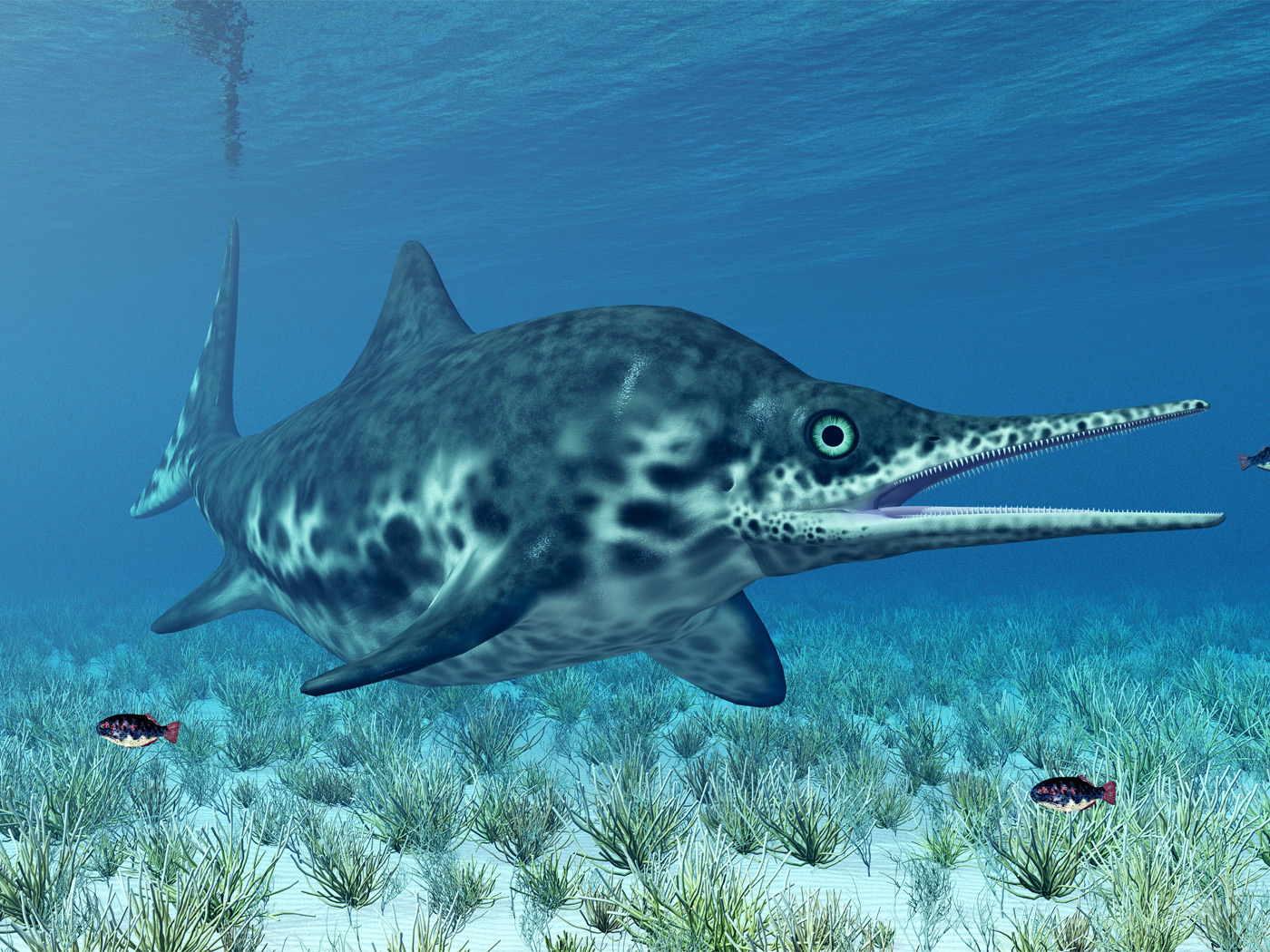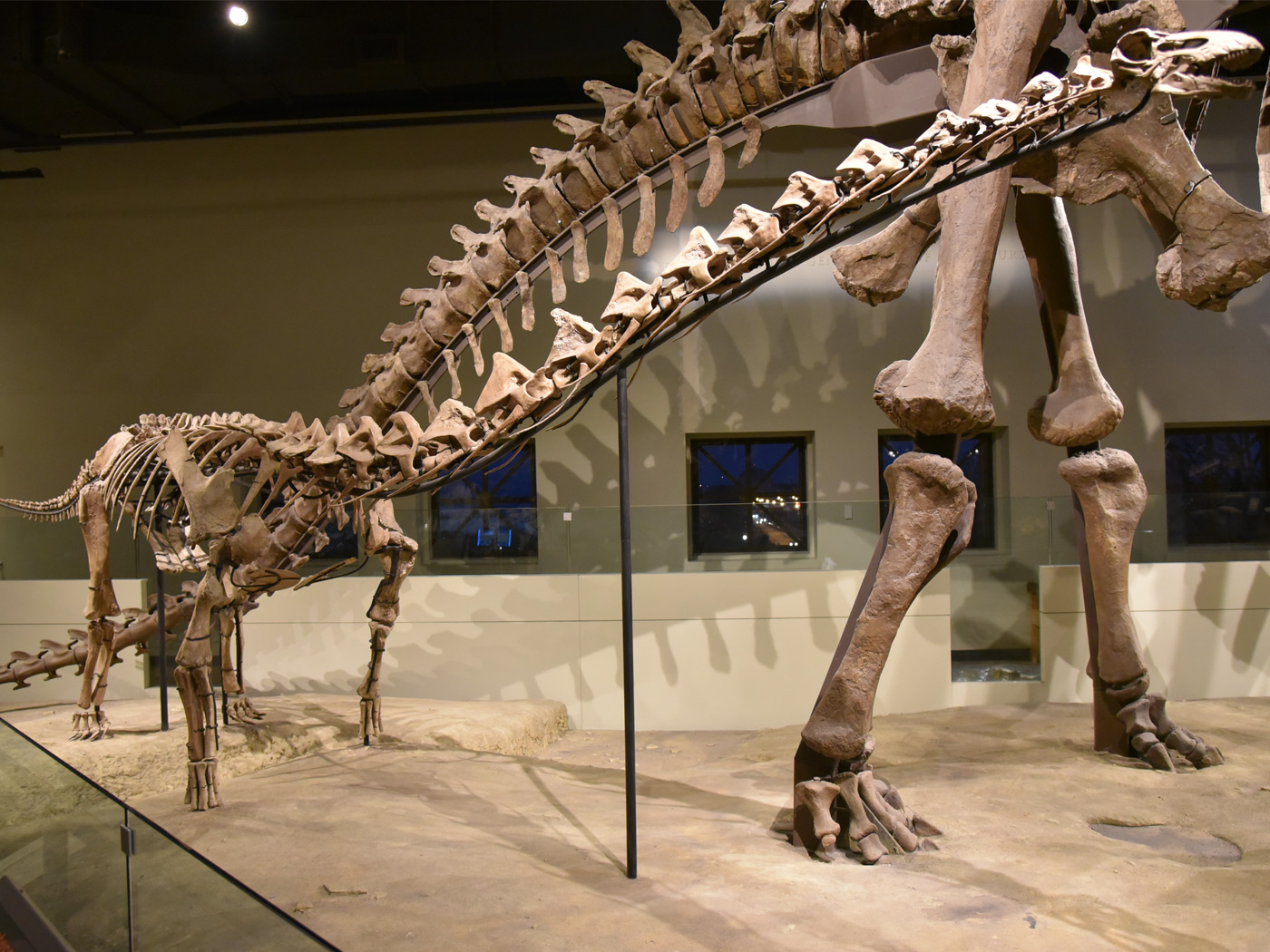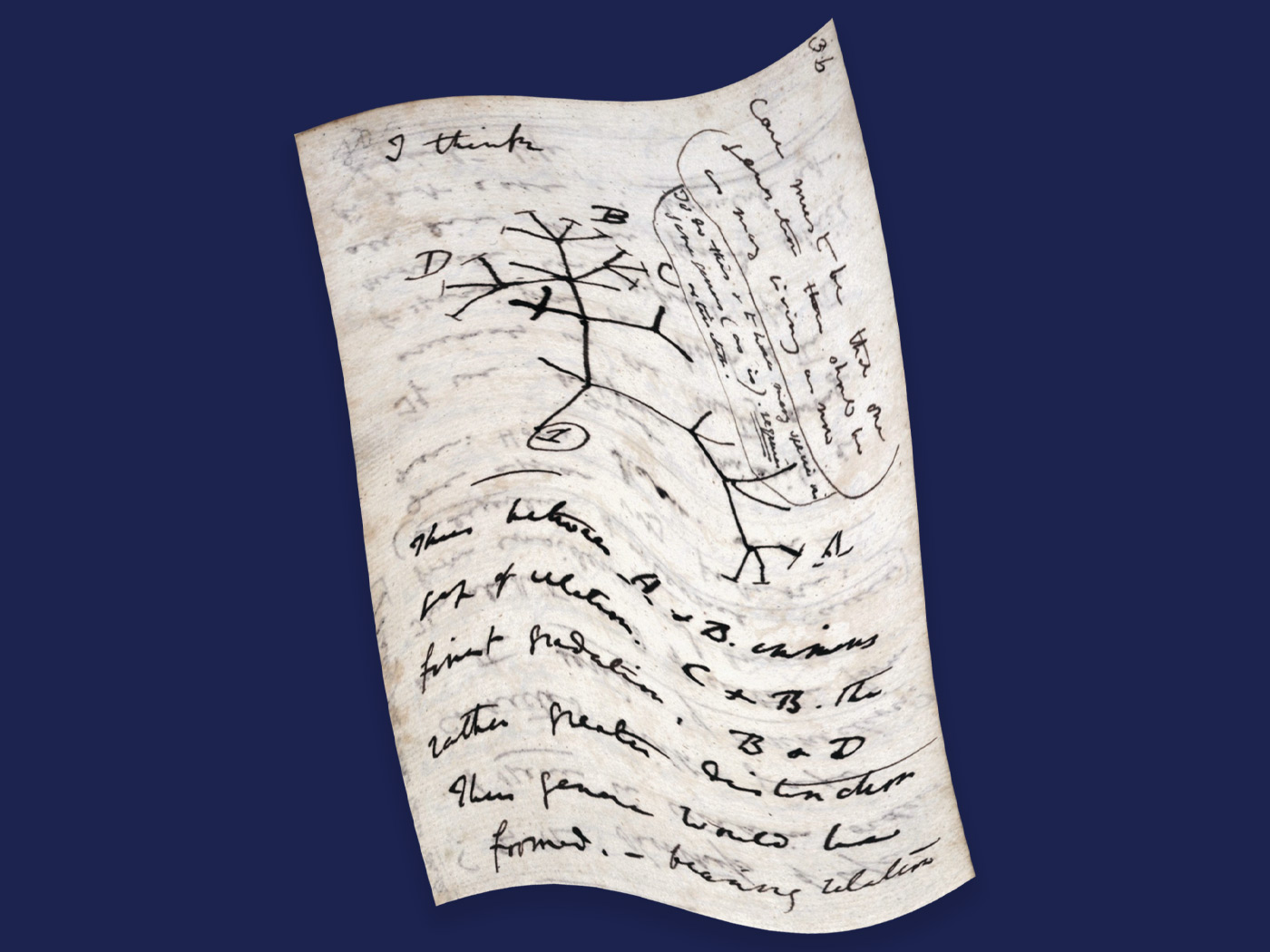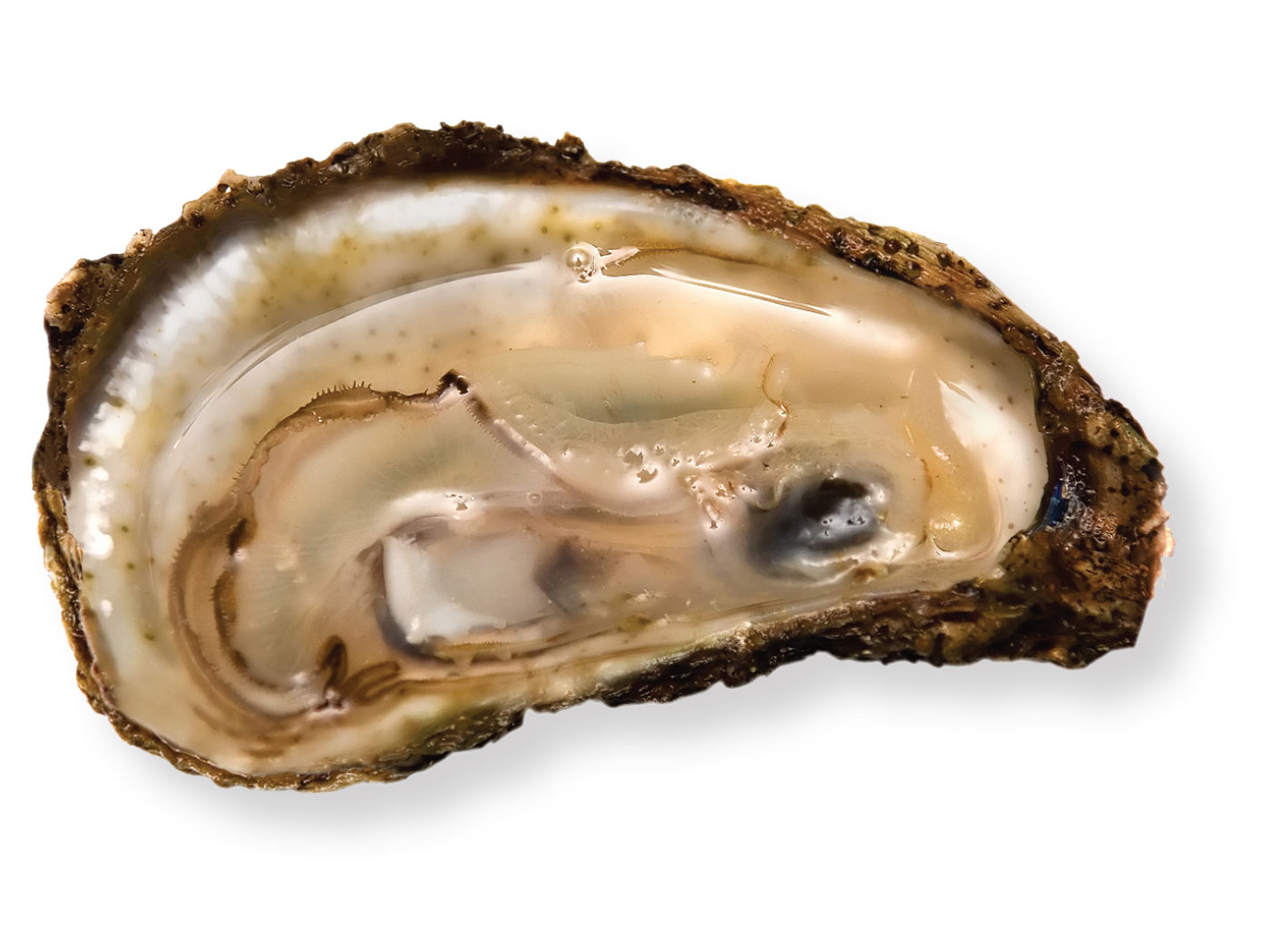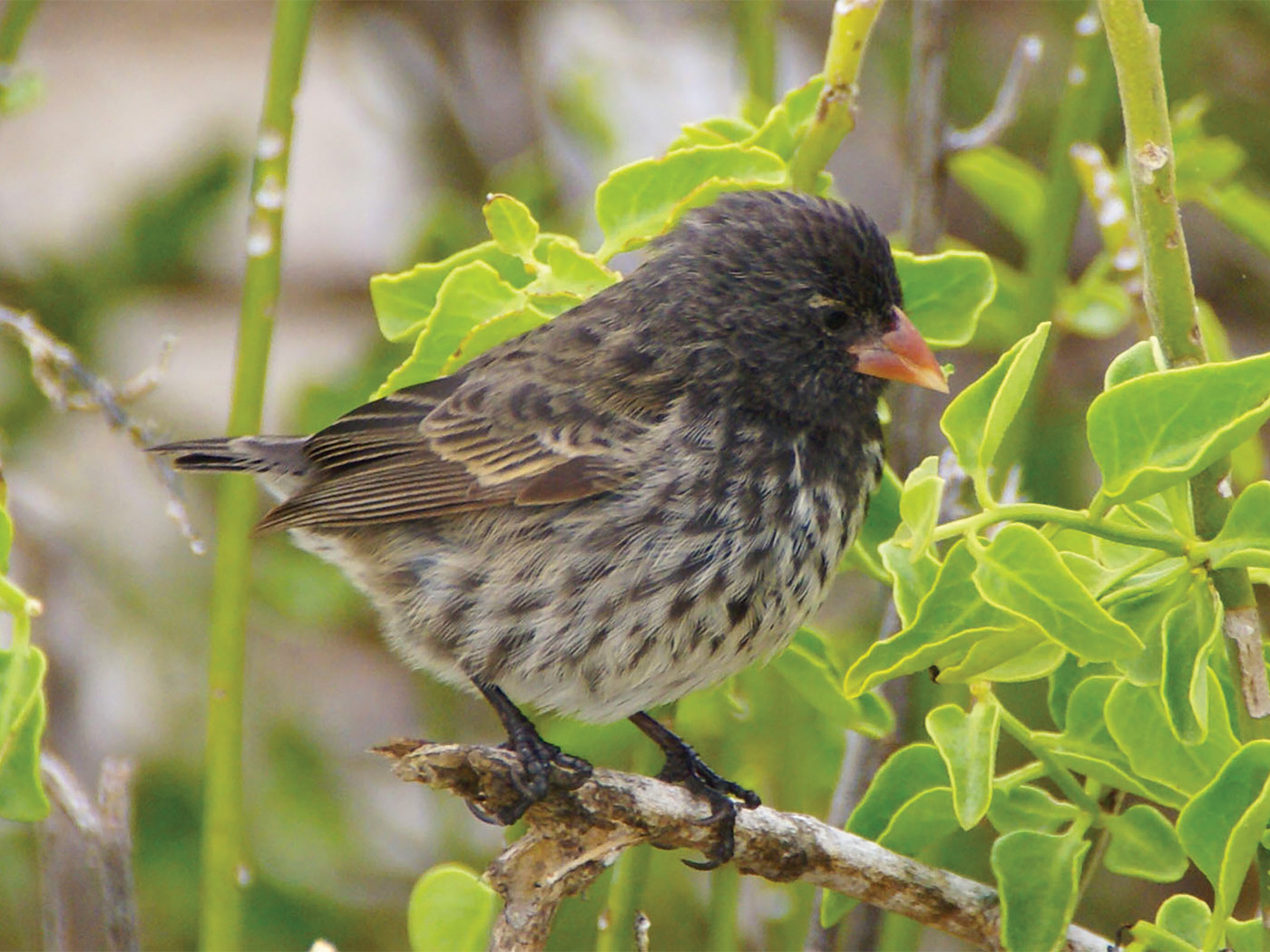Science is often portrayed as a pure pursuit of knowledge, with well-trained individuals who are dedicated to the highest standards of intellectual and professional achievement.
But scientists are human beings, capable of making mistakes and subject to wrong impulses. When a scientist commits scientific fraud, how do his peers who are atheists address the moral implications of such behavior?
As vice provost at the California Institute of Technology, David Goodstein is responsible for investigating instances of scientific misconduct. He recently put out a book on the topic, which was discussed by leading atheist, evolutionary psychologist, and Skeptic magazine publisher Michael Shermer in a July Scientific American article appropriately titled "When Scientists Sin."
In his review of On Fact and Fraud: Cautionary Tales from the Front Lines of Science, Shermer summarized Goodstein's assessment that "scientists are highly motivated by status and rewards, that they are no more objective than professionals in other fields, that they can dogmatically defend an idea no less vehemently than ideologues and that they can fall sway to the pull of authority."1
According to Scientific American, Goodstein wrote that "injecting falsehoods into the body of science is rarely, if ever, the purpose of those who perpetrate fraud."1 But just because a scientist does not purposely commit fraud for the sake of ruining scientific knowledge does not mean that a different motive is any more pure--or less harmful.
The Scientific American article listed four clear cases of scientific fraud, but a general news search showed more. In 2004, a Texas Tech medical researcher lost his job and served time due to a fraud conviction.2 And the "Himalayan hoax" was perpetrated by a paleontologist from India who tried to pass off already-published fossil images as his own.3 More cases have been discovered, and they represent just the scientists not clever enough to avoid getting caught.
Shermer concluded, "So some scientists sin, it's true….The general environment of openness and honesty, though mythic in its idealized form, nonetheless exists."1 Here, he makes it clear that he considers both sin and honesty to actually exist. These are certainly part of the fabric of human experience, and have their historical precedents in Genesis. But since they are not part of the fabric of atheism, the concepts must be borrowed from the theistic worldview, which holds that a Creator exists outside of the natural realm and is in fact the reason there even is a natural realm.
In 2009, Shermer debated Gregory Koukl, Christian apologist and co-author of Relativism: Feet Firmly Planted in Midair, on Hugh Hewitt's nationally aired radio show. Koukl said of Shermer's 2004 book, The Science of Good and Evil:
I've read most of it, and it's well written, and it's very compelling. But it's a description about how the illusion of ethics has taken place…you can't then talk about morality as if it's objective when your explanations are subjective.4
Shermer "defended" his contention that moral standards can exist outside of a God-based system by assertively denying that moral laws need an objective source. But no matter what "sin" is committed, if moral laws are subjective inventions, then any given person's opinion might be that such an act is not sin at all. That would make the act wrong only for some, yet Shermer assumes the theistic position that right is still right and wrong is wrong for all.
Scientists will continue to commit fraud, because scientists are people with flaws like the rest of humanity. And all people, whether they deny or embrace the real Lawgiver, will continue to correctly recognize that fraud is actually wrong, because people were "wired" for morality when they were created in the image of God.5
References
- Shermer, M. 2010. When Scientists Sin. Scientific American. 303 (1): 34.
- Enserink, M. and D. Malakoff. 2003. The Trials of Thomas Butler. Science. 302 (5653): 2054-2063.
- Stevens, W. K. Scientist Accused of Faking Findings. The New York Times. Published April 23, 1989, accessed on nytimes.com June 28, 2010.
- Greg Koukl and Michael Shermer at the End of the Decade of the New Atheists. Hugh Hewitt radio show transcript. Posted on hughhewitt.com December 31, 2009, accessed June 28, 2010.
- Thomas, B. Baby Morality Defies Evolution. ICR News. Posted on icr.org May 26, 2010, accessed July 7, 2010.
* Mr. Thomas is Science Writer at the Institute for Creation Research.
Article posted on July 9, 2010.







